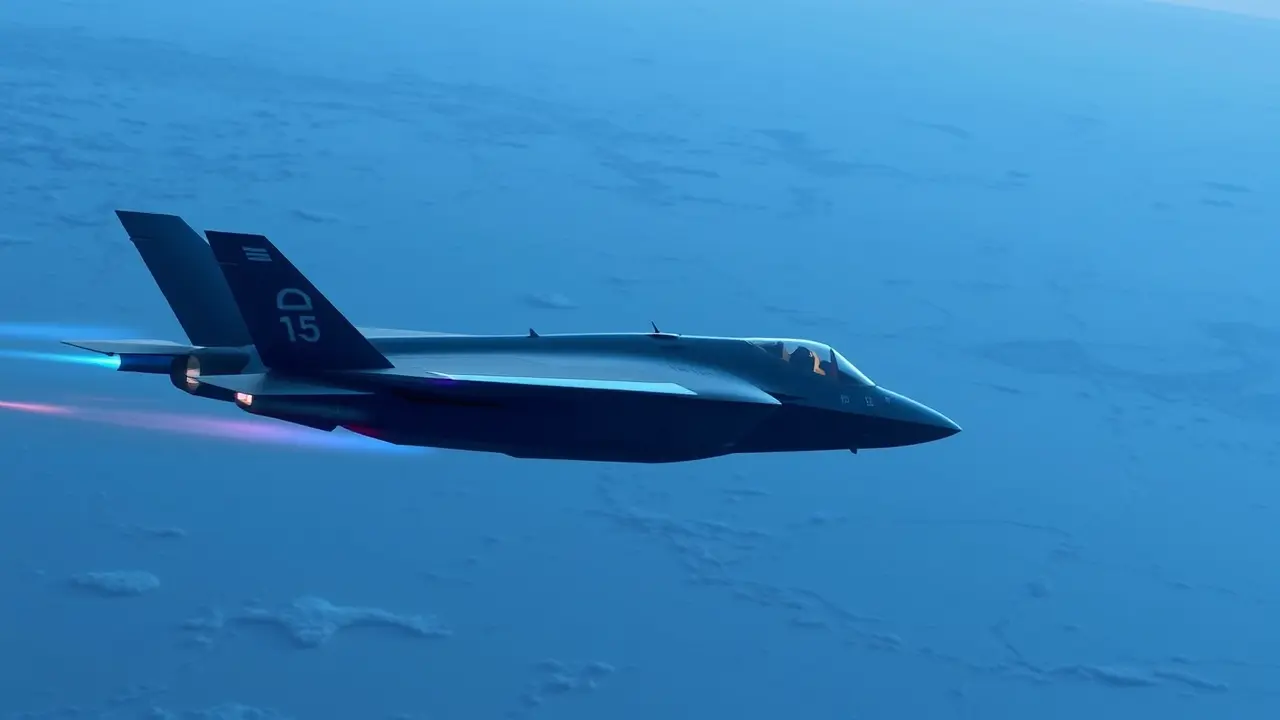Denmark boosts Greenland defense with new ships and jets.
In a strategic maneuver echoing the geopolitical chess games of the Cold War, Denmark has announced a significant bolstering of its defensive capabilities in Greenland, a move that cannot be divorced from the lingering specter of former U. S.President Donald Trump's expressed desire to acquire the vast, resource-rich Arctic territory. The planned acquisition of advanced US F-35 fighter jets and a new fleet of naval vessels represents more than a simple military upgrade; it is a profound statement of sovereignty and a recalibration of power dynamics in the High North, a region rapidly becoming a central theater for 21st-century great power competition.This decision, while framed in Copenhagen as a long-overdue modernization to meet NATO commitments and monitor a challenging frontier, is fundamentally a direct response to the transactional view of sovereignty that characterized the Trump administration, which infamously and repeatedly floated the idea of purchasing Greenland, treating the autonomous Danish territory not as a homeland for its 56,000 inhabitants but as a mere real estate asset, a notion that was swiftly and firmly rebuffed as 'absurd' by the Danish government at the time. The F-35, a fifth-generation multirole stealth fighter, is not merely an aircraft; it is a symbol of technological alliance and deterrence, a platform that will grant Denmark unprecedented surveillance and control over its airspace, capable of monitoring not just civilian air traffic but also the increased presence of Russian long-range bombers and intelligence-gathering flights that have become commonplace in the Arctic.Simultaneously, the new ships are critical for asserting presence in the increasingly navigable—and contested—Northwest Passage, where melting sea ice, a tragic consequence of the very climate change Greenland's ice sheet so viscerally represents, is unlocking new shipping lanes and access to untapped reserves of oil, gas, and rare earth minerals, estimated to be worth trillions. This Danish investment is a clear signal to all actors, from Moscow to Beijing, that the era of the Arctic as a geopolitical backwater is over.One must view this through a historical lens: Greenland has long been a strategic prize, serving as a crucial airbridge for the Allies during World War II and hosting vital U. S.military installations like Thule Air Base throughout the Cold War. Today's announcement is a modern iteration of that enduring strategic importance, a reaffirmation of the 1940s-era agreements that granted the U.S. a military foothold while upholding Danish sovereignty.However, this move is not without its domestic complexities and potential diplomatic friction. Within Greenland itself, which has self-rule over most internal affairs, there is a growing and potent independence movement; a stronger Danish military presence could be viewed with suspicion by those seeking full sovereignty, potentially straining the delicate political relationship between Nuuk and Copenhagen.Furthermore, while the current Biden administration has adopted a more traditional, alliance-focused approach, this Danish militarization could be interpreted in some Washington circles as a lack of trust in the enduring nature of American security guarantees, a hedge against the possibility of a future U. S.administration reverting to the acquisitive rhetoric of the past. The financial commitment is staggering, running into the billions of dollars, and will inevitably draw resources from other national priorities, raising questions about the long-term sustainability of such a forward-leaning posture in the Arctic.Analysts will be watching closely to see if this provokes a proportional response from Russia, which has been aggressively modernizing its own Arctic military infrastructure for years, setting the stage for a new, technologically advanced standoff in one of the planet's most fragile environments. In the grand strategic calculus, Denmark is playing a strong hand, but it is a hand forced by the shifting tectonic plates of global politics, where ice is no longer a guaranteed barrier and where national integrity must be visibly, and powerfully, defended.
It’s quiet here...Start the conversation by leaving the first comment.
© 2025 Outpoll Service LTD. All rights reserved.
